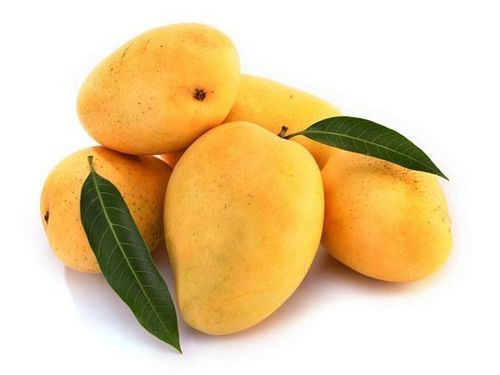Even as climate activists warn against the imminent global warming and its catastrophic effects, this season has sent out and SOS with the famous Gir Kesariya variety of mangoes devoid of its original flavour and sweetness. The price remains the same. However, the taste is a sure miss.
Agriculturists point at global warming as the culprit. “Mangoes need heat in varied gradations to ripen. That requires a fine calibration of time and the pertinent dosage of warmth. This year, we had one or two freak showers. Farmers fearing the damage seem to have injected low doses of ethylene gas to hasten the ripening lest the entire crop is wasted,” shared experts studying the changing patterns.
According to Harsukhbhai Jarsania, secretary, Talala Marketing Yard, reported the income has been low this year. “In the 20 days since the start of the season, approximately 65,000 boxes of mangoes have been brought in. Usually, at time of the year, we would have had in two lakh boxes. Prices range from Rs 625 to Rs 1325 per 10 kg box. However, the quality looks visibly poor,” he informed.
In a nut shell, while the climate is being subjected to unpredictable patterns, its impact is being borne by the fruits of Nature. Literally. Coupled with this challenge, comes the use of chemicals.
Farmers have been known to resort to carbide to hasten early ripening of the yield. However, fruits, especially mango and papayas are known to be sensitive to chemicals and retain the strong odour and bitter taste. The ethylene gas is a new additive being used this time. Ripening chambers have been used by bulk exporters to send mangoes abroad. For instance, a fruit picked on May 25 will be markedly different in taste and flavour as compared to a fruit picked on April 25. The latter will not ripen naturally because its due process was interrupted by the plucking. Such consignments are then subjected to chemicals.
“Shipping to the UK starts early. The fruit was plucked pre-maturely and then subjected to a two-hour dose of ethylene,” shared a prominent exporter from the kesariya belt, on conditions of anonymity.
In the end, for the consumer it is a lose all situation. The price of mangoes is at an all-time high, while the taste and flavour are far from what it used to be.













